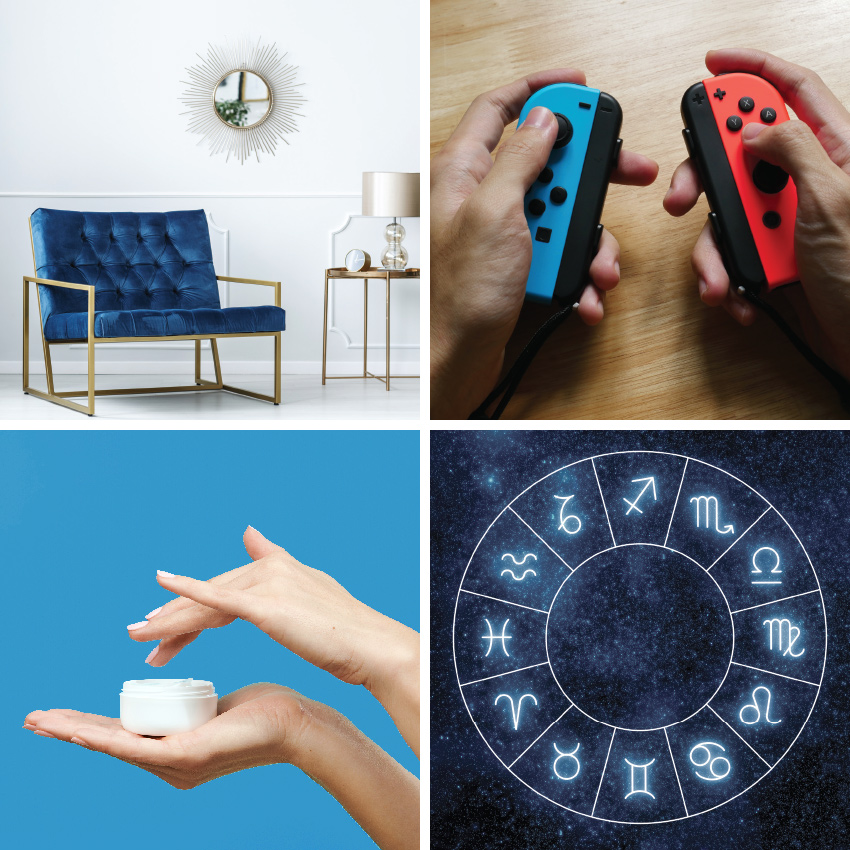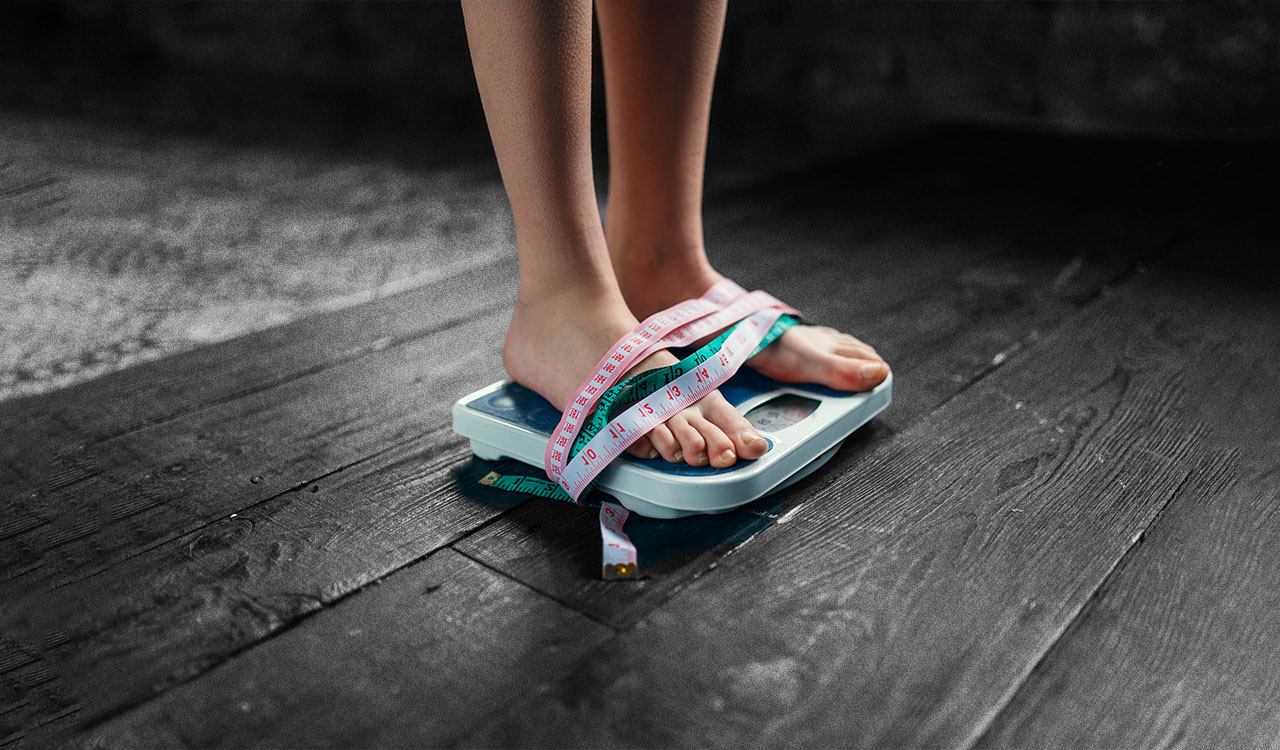These are challenging times, but not all retailers are struggling. The 8.7 percent drop in retail sales from February to March didn’t hit every sector. While clothing and accessory sales took the biggest hit, certain retailers––such as those selling home furnishings online––unexpectedly benefitted from consumer shopping behaviors during the pandemic and signs point to the fact that they’ll continue to thrive after the outbreak. Beyond the obvious sanitization companies like Clorox and Purell, video conferencing apps (Zoom and Google Hangouts), and bulk food providers (yeah, yeah, Costco) certain companies that are making big money on the downlow as the nation begins to reopen retail stores.
Let’s take a look at how they’re doing it.
Bored Customers Buy for Their Homes
Who would’ve thought that online home furnishing sales would peak? It makes sense, though: customers are trapped at home with little to do but evaluate the space around them. TJX, Ross, and other off-price stores that are dependent on the physical “treasure hunt” element took a huge sales hit when Covid struck, but CNN reports that Wayfair’s sales last quarter increased 20 percent over the same period last year. Company spokespeople said it\’s seeing \”strong acceleration in new and repeat customer orders,\” with orders growing by 21 percent to 9.9 million during shutdowns. And Overstock’s April sales were up 120 percent over the same month last year.
[callout]Retailers with a young fanbase can enhance their online content by adding astrology sections to their blogs. And sourcing astrology/tarot-themed clothing and accessories can help retailers appeal to consumers who may be feeling a bit untethered at the moment. [/callout]
TJX and Ross Stores are slowly reopening locations, but the fun factor is gone. Customers have to wait in long lines (many that wrap around the store and to practice social distancing). The shopping experience is currently stressful at best––especially when you add in the fear of pathogen spread and the potential for contamination of items being sold. The bottom line? It’s going to be really hard for the brick and mortars that emerged as category winners in the last decade to compete with online furniture megastores.
Customers Consult the Stars for Guidance in a Crisis
The intersection between consumerism and spirituality has never been stronger. Millennials and Gen Z are flocking to sources for vague spiritual guidance during the crisis. Cosmo saw a 67 percent traffic spike on its astrology site during Covid. And The New York Times reports that Dazed Beauty saw a 22 percent boost in horoscope-related traffic. Refinery29’s article titled “The Super Pink Moon in Libra is Good News for Your Relationships” was a top-performing story. And Comscore, shows that traffic for astrology sites significantly increased month over month throughout lockdown.
Next gens are looking for guidance anywhere they can find it. Even psychics are seeing a 20-30 percent uptick in customer traffic. Retailers with a young fanbase can enhance their online content by adding astrology sections to their blogs. And sourcing astrology/tarot-themed clothing and accessories can help retailers appeal to consumers who may be feeling a bit untethered at the moment.
Nintendo is Bringing Back the Bank
When customers can’t get physical, they get digital. Online gaming platforms let consumers connect in a fantasy world when they can’t do so IRL. Animal Crossing New Horizons, the digital fantasy hangout platform, sold 5 million digital copies in March alone. And Nintendo Switch is selling out across the U.S., with over 21 million consoles shipped out over the last fiscal year. But before you start condemning consumers for turning to sedentary activities when gyms shut down, keep in mind that Peloton stationary bicycle sales also spiked by 66 percent during lockdown.
Gaming posed a unique opportunity for apparel and accessory retailers before the outbreak. (I wrote about it for The Robin Report at the beginning of the year.) But now that the world has shut down and consumers are literally dying for human contact, online connectivity has taken on stronger significance. Retailers should focus on creating ads that enhance or accentuate––and don’t hinder––the gaming experience. Like Target, which recently partnered with Candy Crush for a non-invasive Easter promotion. Or Nike Air Jordans, which partnered with Fortnite to create a custom game mode with branded outfits and a “Downtown Drop” hangout mode on a parkour-like outdoor course.
Beauty Falters, but Skincare is Where It’s At
Color cosmetic sales took an expected hit during Covid shutdowns. Kline predicts that the cosmetics sector will face a lasting sales dip of 2.5 percent in 2020. While it’s understandable that consumers had less interest in corrective cosmetics during shutdowns, since they had nowhere to wear them, could Covid lead to an unexpected surge in facemask and bath good sales as consumers purchase these products to treat themselves during challenging times? Ad spending points to the fact that beauty companies are still hopeful. Skincare and hygiene companies invested $10.6 million into marketing in February and March alone, a 38 percent month-over-month increase.
Larissa Jensen, vice president at the research firm NPD Group, told The New York Times that sales of skin-care products have been on the rise for the last three years, while cosmetic sales have slowly faltered. But in recent weeks, skin-care product sales surpassed makeup sales for the first time ever. Ulta and Sephora are beginning to reopen stores with restrictions––including a pause in services, mandatory face coverings and employee temperature checks––and consumers are still looking for skincare and hygiene-focused products that promote self-care. But don’t count out color cosmetics for the long-term… current buying patterns may change as restrictions lessen and consumers once again turn to color cosmetics to express their individuality and optimism.
In the retail industry we’ve come to learn to expect the unexpected. It has been fascinating to watch the shifts in consumer behavior during Covid, but it will be even more so to see the unexpected side effects of stores reopening: will our purchasing patterns remain utilitarian, or will we see an unexpected surge in formal wear as customers dress up to celebrate life resuming once more? Will tattoo shops see a boom as freshly freed consumers approach spending with a carpe diem mentality? No matter how things shake out, one thing is for certain: The retail industry will be forever altered––as will we as individuals.




